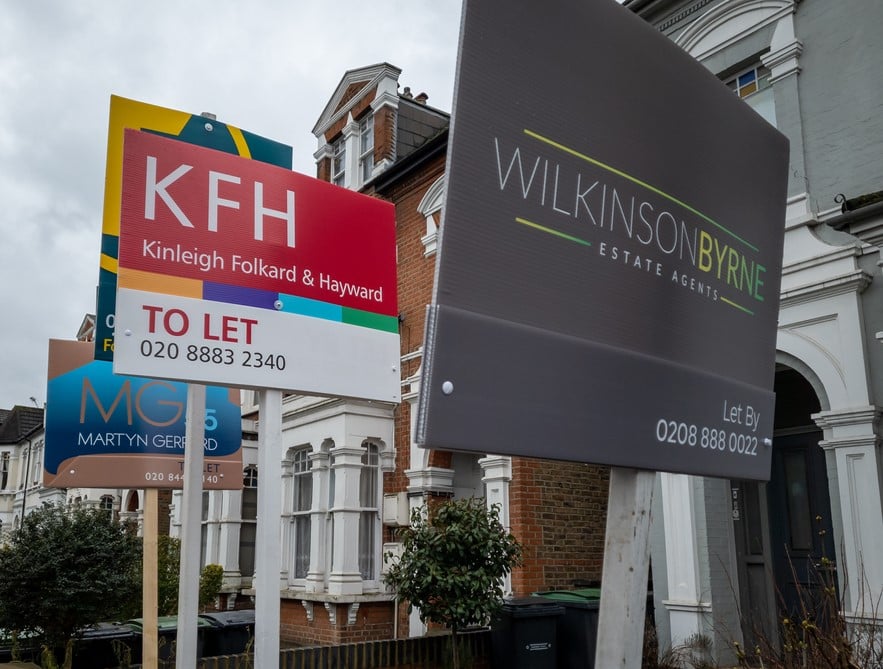
0:01 AM, 21st November 2024, About 2 months ago 1
Text Size
Private rent prices in the UK have grown by 8.7% in the 12 months to October, the Office for National Statistics (ONS) reports.
This marks a slight rise from the 8.4% annual growth rate seen in September but remains below the peak of 9.2% reached in March.
England saw the largest increase in average rents, rising by 8.8% to £1,348. Wales followed with a 7.9% increase to £766, and Scotland experienced a 6.6% rise to £976.
Northern Ireland recorded a 9% increase in average rents up to August 2024.
Within England, London led the way with a 10.4% annual increase, while Yorkshire and the Humber saw the lowest growth rate at 5.9%.
The type of property also influenced rent costs with detached houses commanding the highest average rent at £1,505, while flats and maisonettes were £1,274.
Larger properties with four or more bedrooms had the highest average rent of £1,984, whereas one-bedroom properties were the most budget-friendly at £1,049.
Meanwhile, the UK housing market has continued showing signs of recovery with average house prices increasing by 2.9% to £292,000 in the 12 months to September, up from 2.7% in August, the ONS report reveals.
England saw a 2.5% increase to £309,000, Wales a 0.4% increase to £217,000, and Scotland a 5.7% increase to £198,000.
Propertymark’s chief executive, Nathan Emerson, said: “As we continue to see a further increase in rental prices across the UK, our members continue to emphasise key concerns regarding the ongoing trend of lack of rental stock versus an ever-growing number of tenants looking for homes.
“Selling up altogether or turning to the short-term letting market is becoming a more attractive option for landlords due to the challenging legislative changes and increased financial liabilities they face.”
Sarah Coles, the head of personal finance at Hargreaves Lansdown, said: “Renters are stuck in an endless cycle of rising costs.
“The immediate future looks tough enough, as rents continue to spiral, but what’s worse is that there’s no clear signal that this is ever going to end.
“Landlords are still leaving the market, and the Budget made things even worse, with a higher stamp duty surcharge loaded on top of frozen income tax thresholds, stricter legislation and higher mortgage rates.”
She added: “It means for many, the only way out of the endless cycle of rising costs is to buy, but this is far easier said than done when rents absorb so much of your income.”
Jeremy Leaf, a north London estate agent and a former RICS residential chairman, said: “Headline rents are still rising, partly due to continuing demand as well as landlord sales ahead of the Budget.
“However, the capital gains tax rises anticipated by many did not materialise which could persuade some landlords to stay invested and maintain a better balance in the market.
“In our offices, we have encountered considerable resistance among tenants to pay higher rents bearing in mind significant increases over the past year or so. As a result, in some cases landlords have had to adjust their expectations, although the overall trend continues upwards.”
Previous Article
Student campaigners demand ban on guarantor requirements for tenantsNext Article
Landlords enjoy booming yields - Paragon
Cider Drinker
Become a Member
If you login or become a member you can view this members profile, comments, posts and send them messages!
Sign Up11:59 AM, 21st November 2024, About 2 months ago
I look forward to LHA being increased in line with rental growth, inflation, anything.